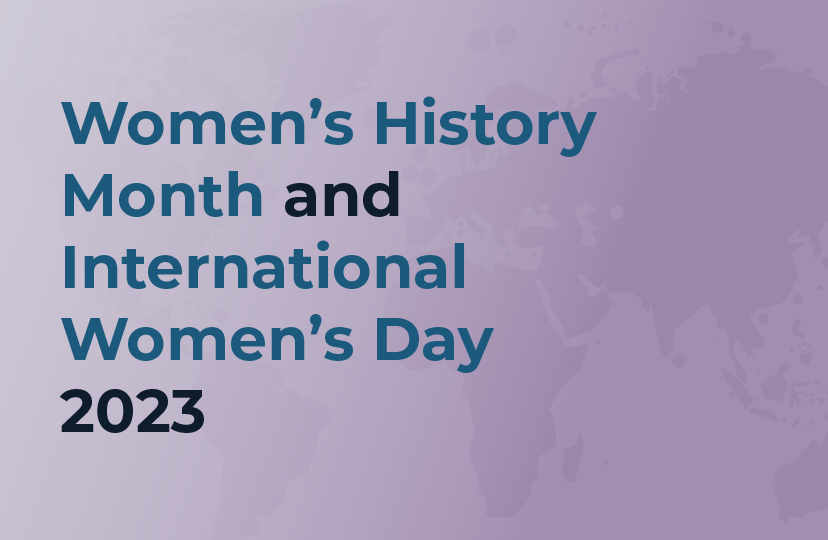

In celebration of Women’s History Month and International Women’s Day 2023, the International GNSS Service (IGS) joined the global community by profiling four women in the IGS community who are making contributions to global geodesy for the greater good.
Meet our featured women for Women’s History Month
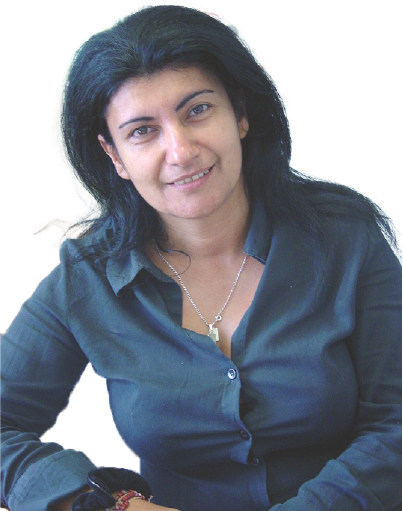
Follow
Ms. Sharafat Gadimova
Scientific Affairs Officer, United Nations Office for Outer Space Affairs (UNOOSA) (@UNOOSA)
Vienna, Austria
“The remarkable work ICG and the United Nations are doing to promote international cooperation in the peaceful uses and exploration of space is important in helping to build a multi-GNSS environment for sustainable development.”
Sharafat Gadimova has been with the United Nations Office for Outer Space Affairs since 2004. She is involved in the United Nations Programme on Space Applications activities related to global navigation satellite systems (GNSS), including space weather. She coordinates the work of an International Committee on GNSS (ICG) and its Providers’ Forum. She is a chair of the ICG’s Working Group on Capacity Building and Information Dissemination. She is leading the organization of the training programmes on GNSS at the United Nations-affiliated Regional Centres for Space Science and Technology Education.
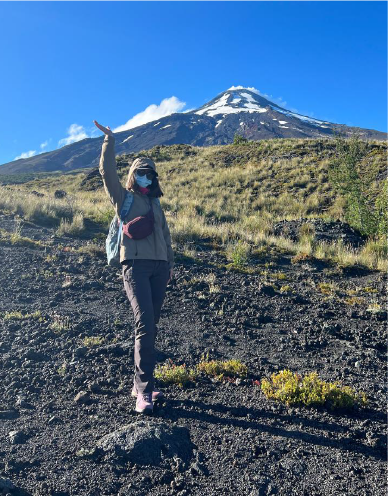
Follow
Ing. Valeria Vásquez Tejo
In charge of Geodetic Infrastructure and Professor of the Satellite Geodesy Laboratory of the University of Santiago de Chile, Chile (@USACH)
Santiago, Chile
“It motivates me to know that geodesy studies something that never stops changing or moving. It invites you to continue acquiring knowledge constantly and also its benefits have a very tangible impact on society.”
“I began my work at USC’s Center for Geodetic Analysis and Processing before earning my engineering degree. Once I graduated, I became an official part of the work team, in charge of the geodetic infrastructure, which in Chile is a big issue due to the geodynamics that the country manifests. The need to densify our national network led me to make collaboration agreements with two state universities, one in the north and the other in the south of the country, which clearly does not fully solve the problem, but allowed more instances of collaboration to be generated than are currently in development. Currently I am also working as an academic at the University of Santiago de Chile, in the practical area of satellite geodesy, which curiously was the same area that aroused my interest in the subject.”
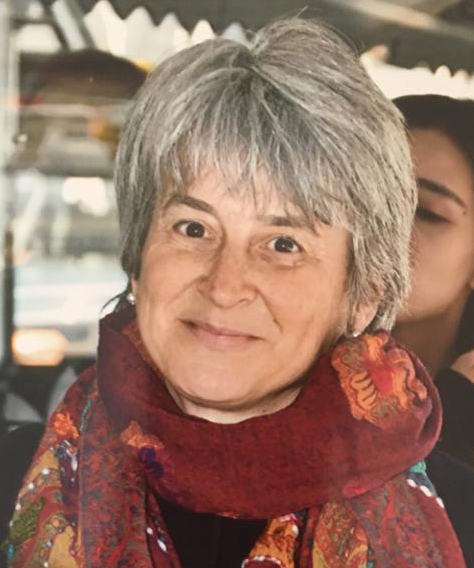
Follow
Dr. Patrizia Tavella
Director of Time Department at the Bureau International des Poids et Mesures (@BipmMedia)
Sèvres , France
“As a theoretical physicist, I am fascinated by theoretical concepts and mathematical descriptions, in particular in my involvement on time and frequency metrology and on the development of the European GNSS Galileo. My work also gives me the opportunity to develop mathematical models that estimate, predict, and validate the high accuracy measurements that geodesy and physicist colleagues are carrying out, giving me not only the pleasure of an elegant mathematical theory, but also the exciting, amazing, and challenging task to ensure an high accuracy match between the models and the measurements. This is the greatest and most breathtaking reward of this job.”
Patrizia TAVELLA earned a master’s degree in Physics and PhD in Metrology, and is now the Director of the Time Department of the Bureau International des Poids et Mesures (BIPM). She is responsible for the computation of the Coordinated Universal Time (UTC) based on about 450 atomic clocks worldwide distributed and compared mostly by GNSS time transfer techniques as the Common View, PPP, and IPPP. She is also the executive secretary of the Consultative Committee on Time and Frequency, dealing with the definition and realization of the second, and the establishment and diffusion of reference time scales. She has previously worked for 30 years at the Italian Metrology Institute (INRIM), where she was deeply involved in the development of the European Navigation System Galileo, responsible for several European projects dealing with the Galileo timing system from the design through to the first experimental phases. Finally, she is also an integral member of the IGS Governing Board, where she serves as the IGS liaison with the BIPM.
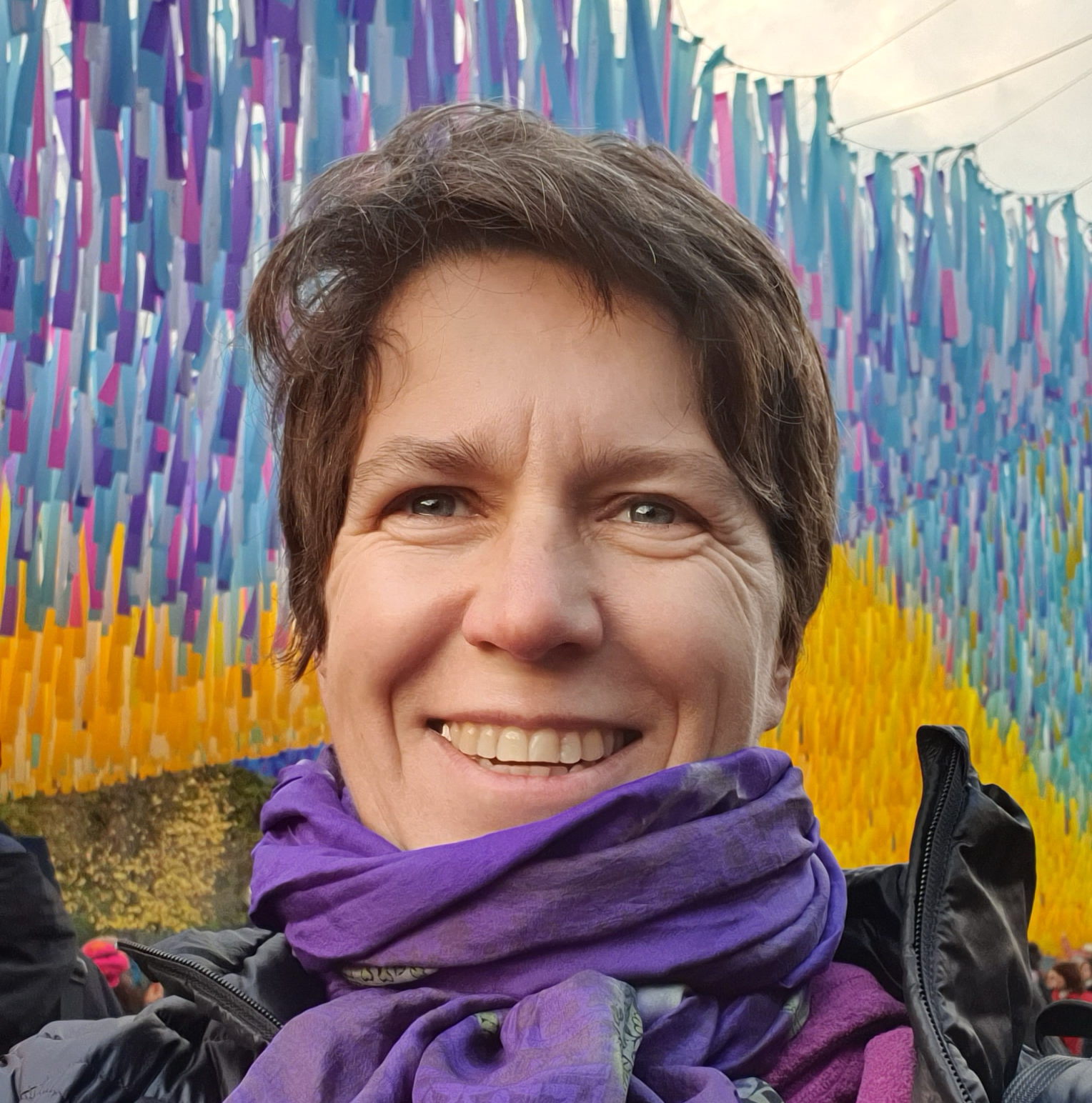
Follow
Dr. Kirsten Elger
Geologist, repository manager GFZ Data Services, data enthusiast, chief editor Earth System Science Data (ESSD) (@ESSD_journal)
GFZ German Research Centre for Geosciences – Library and Information Services (@gfz-potsdam)
Potsdam, Germany
ORCiD: https://orcid.org/0000-0001-5140-8602
“As trained geologist and data person, I see myself as a newbie in GNSS and other geodetic disciplines with the aim to make their important data and their originators more visible in our digital world. I am consulting geodesists in data publication and documentation related topics and am learning a lot about different geodetic techniques in the same time. This enables me to think outside the box and successively gain a broader understanding of system Earth and the different approaches to understand it.”
Originally trained as a geologist with a PhD in structural geology, I am head of GFZ Data Services (a research data repository for the Geosciences, hosted at GFZ) and found an ideal place to com-bine my geosciences background with data management expertise. Since 2014, I further developed the data repository into an internationally recognized place for the publication of curated and citable research data for the geosciences and the unique identification of physical samples with International Generic Sample Numbers IGSN. GFZ Data Services is offering data publication services for data and research software of individual researchers as well as for specific communities in the Earth sciences, including for several services of the International Association for Geodesy (IAG), namely ICGEM, IGETS, ISG and the International Real-time Magnetic Observatory Network INTERMAGNET. Beyond this, I am Chief executive editor for Copernicus’ data journal Earth System Science Data, chair of the “Working Group on digital object identifier (DOI) for geodetic data” of the Global Geodetic Observing System (GGOS)., and member of the DataCite Metadata Working Group.
Would you or your organization like to be featured in next year’s IWD celebration?
Please contact the Central Bureau to learn more.
Last Updated on 29 Mar 2023 22:24 UTC

